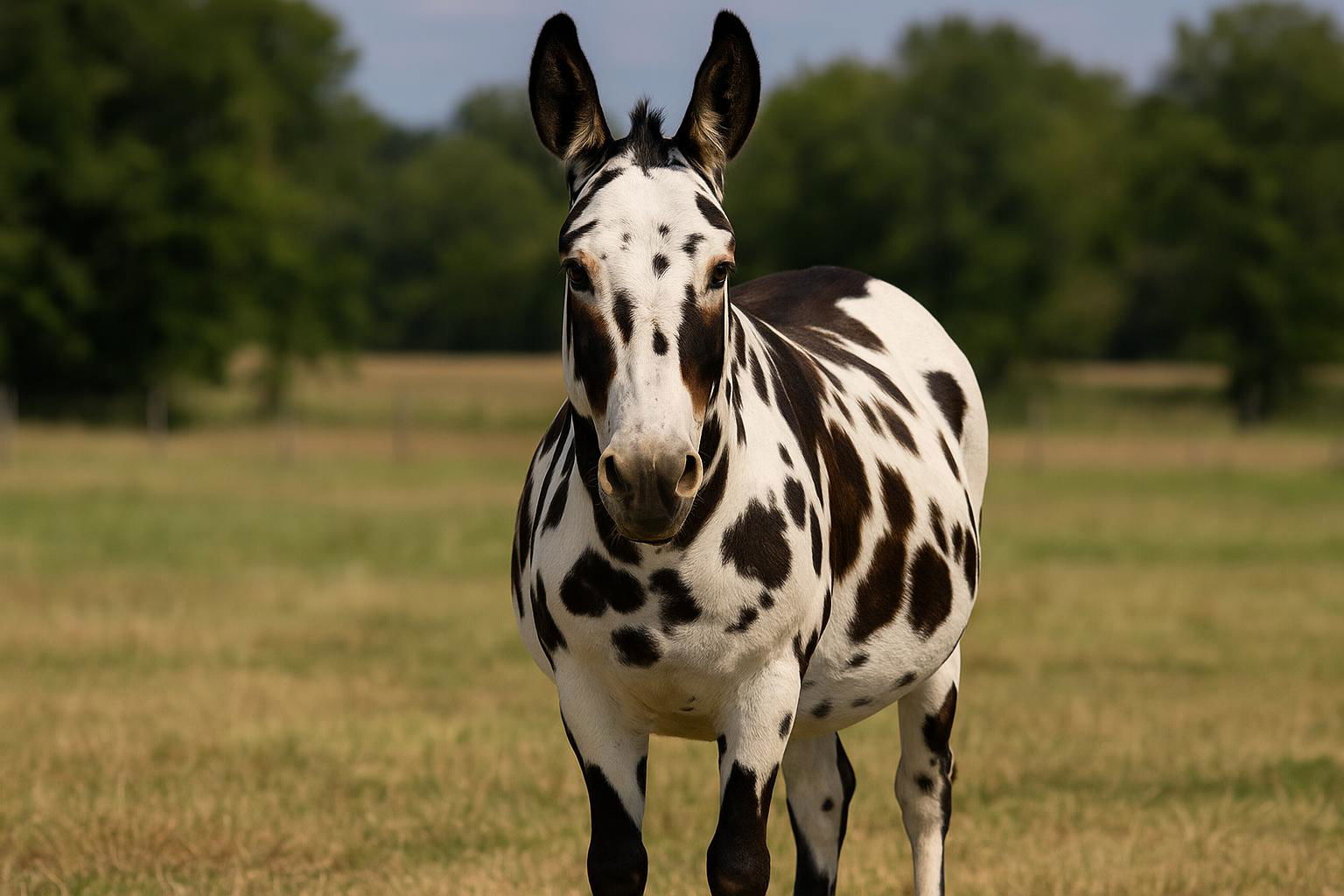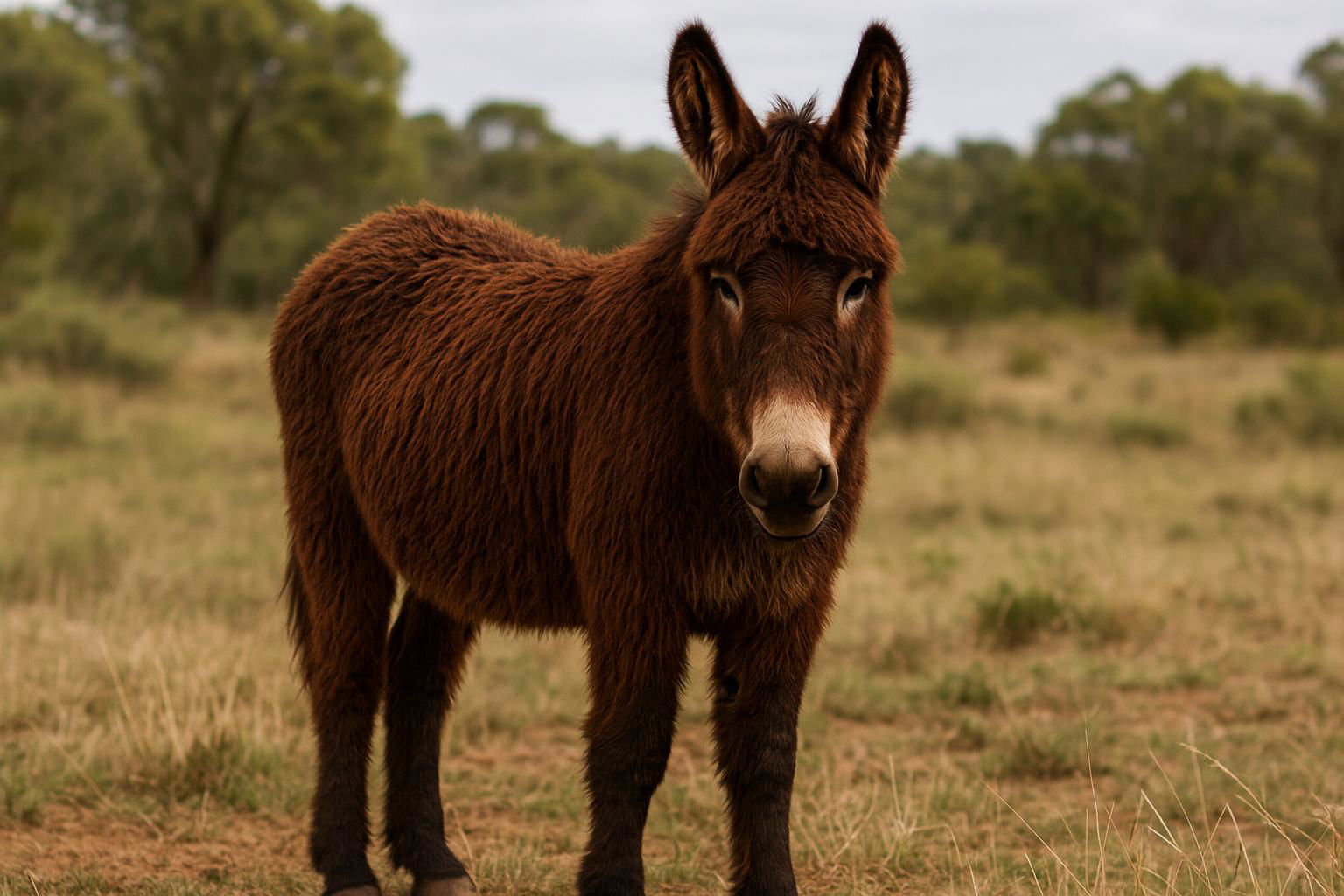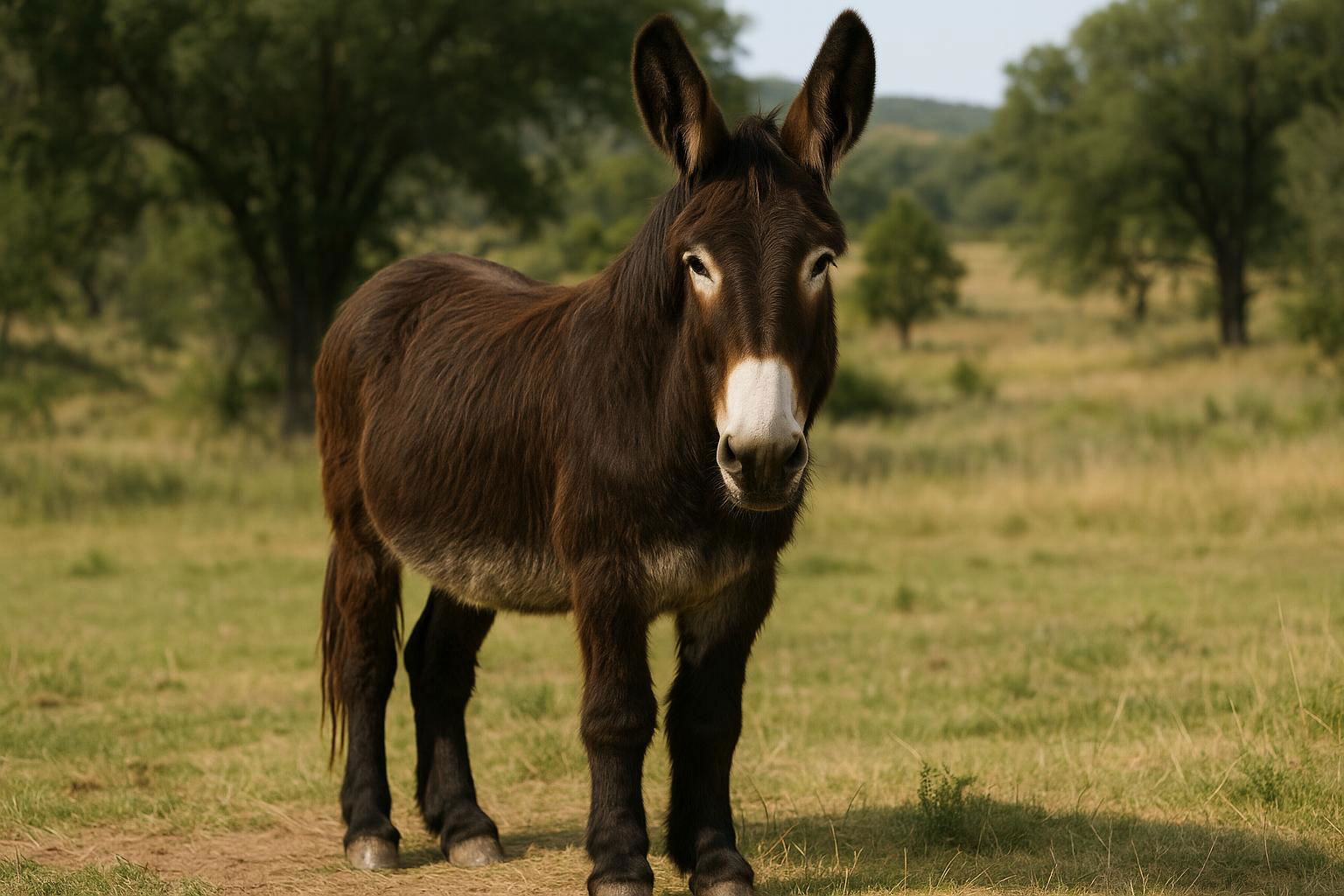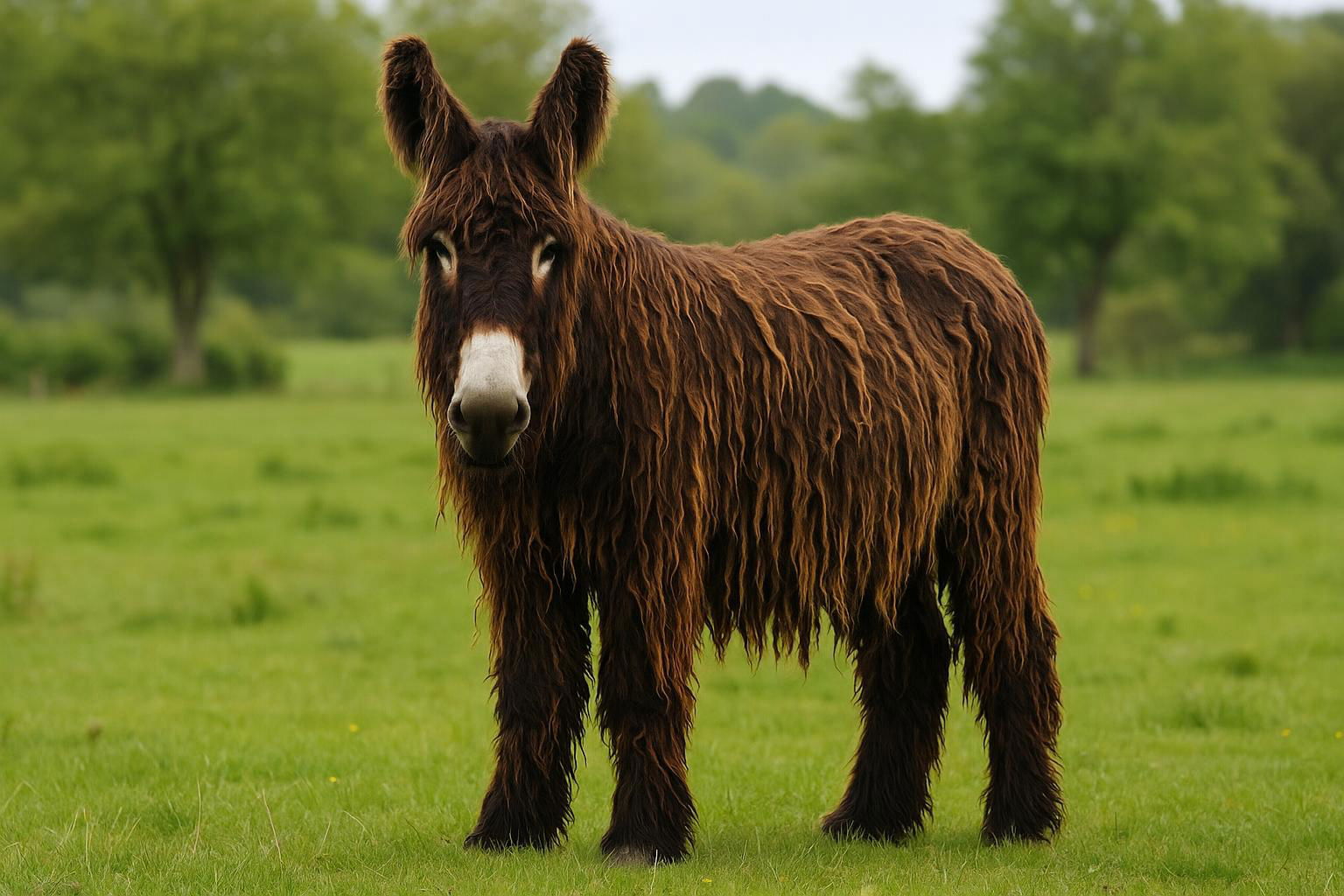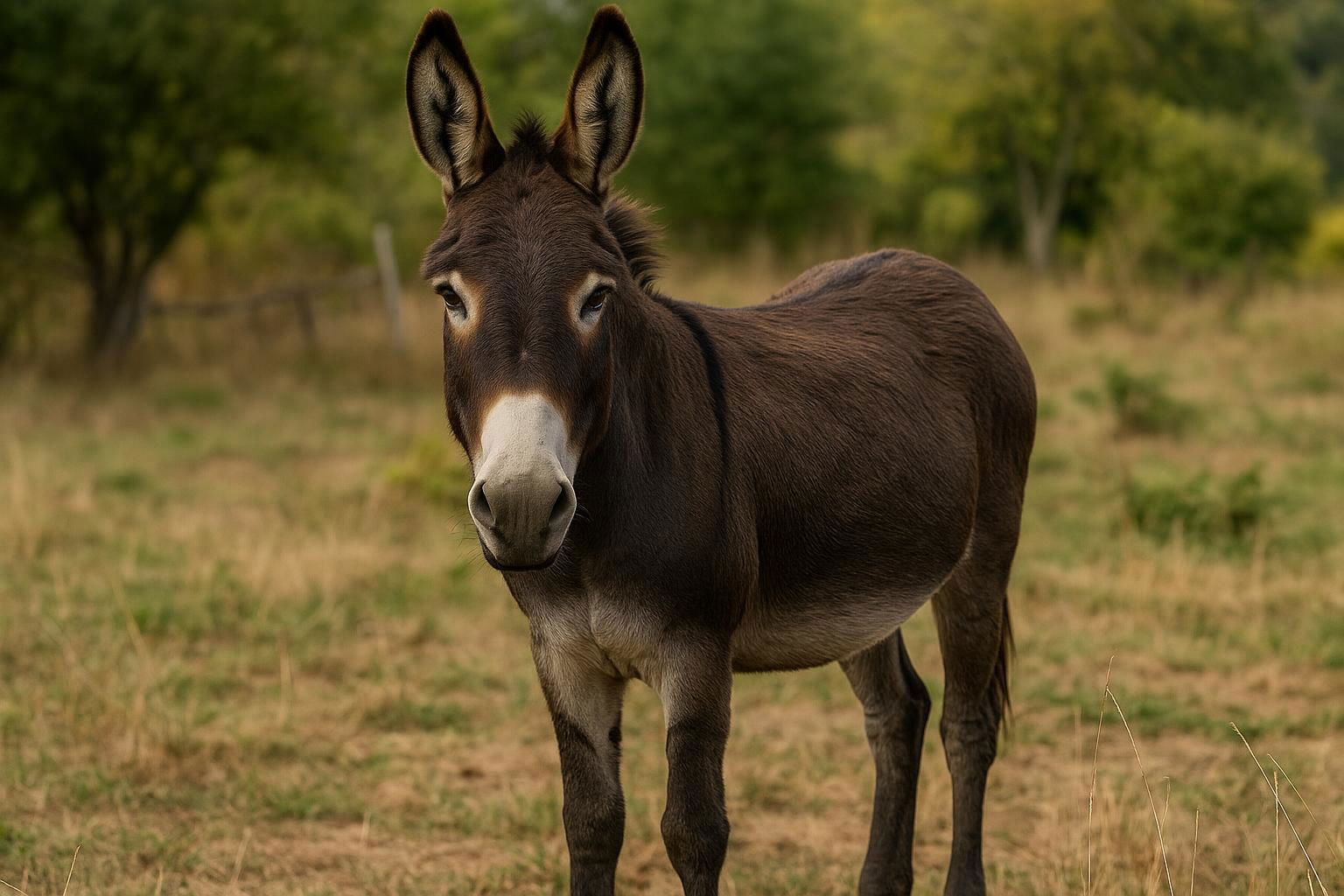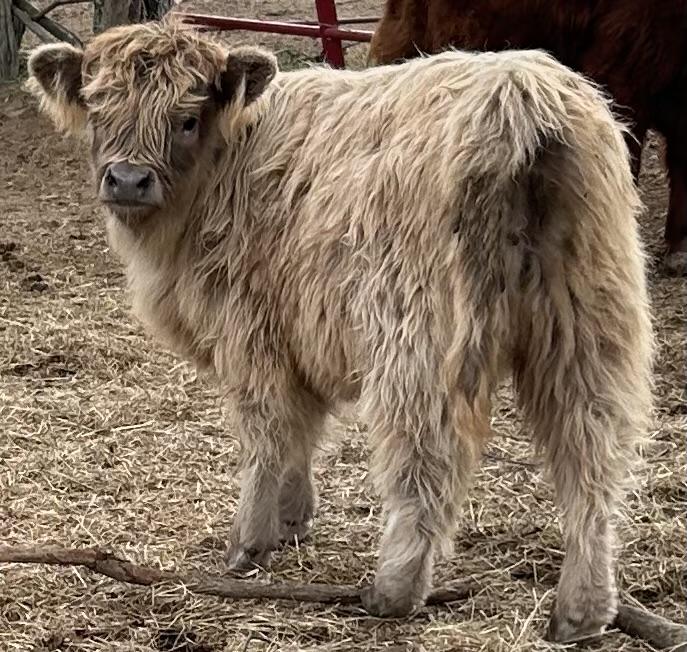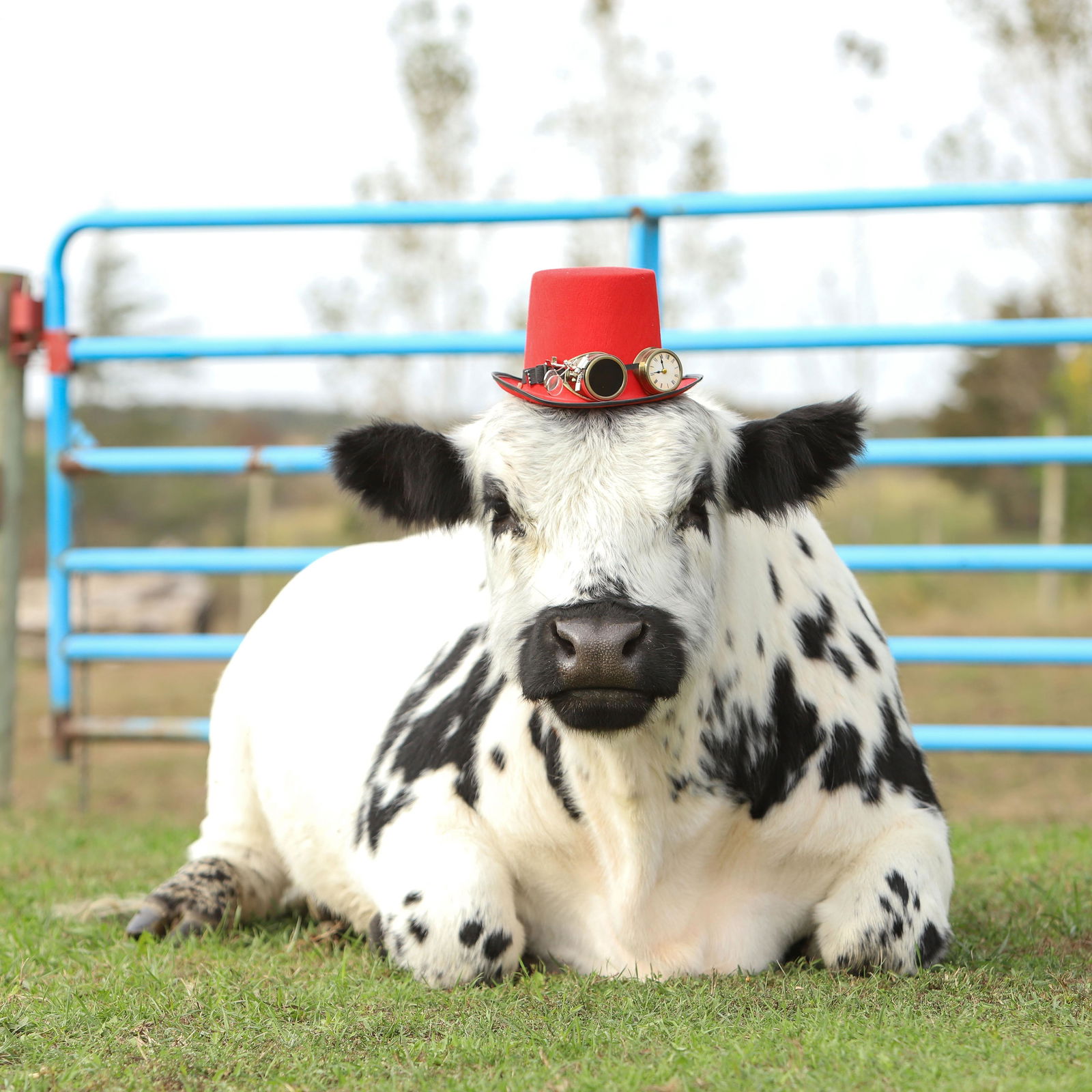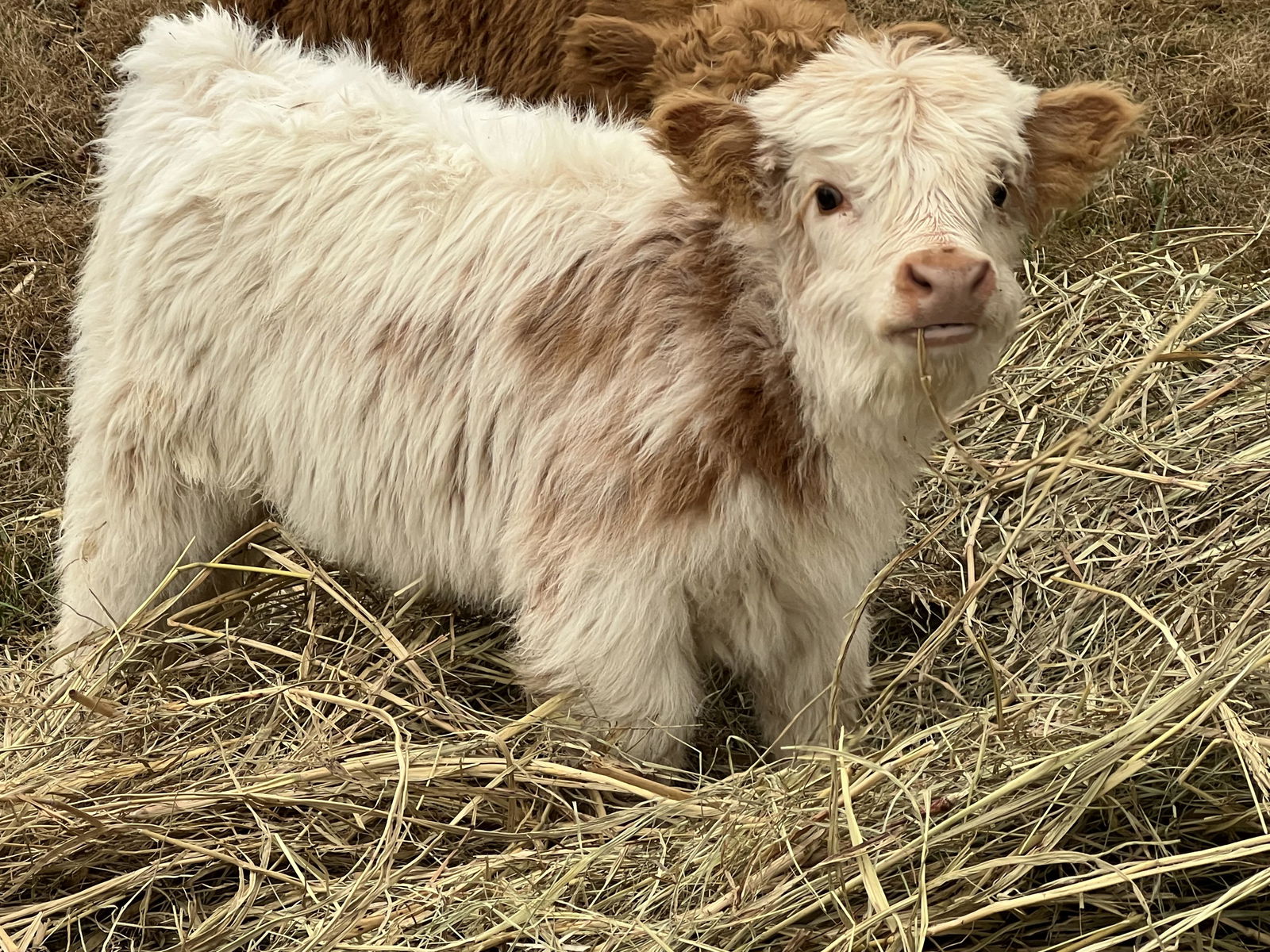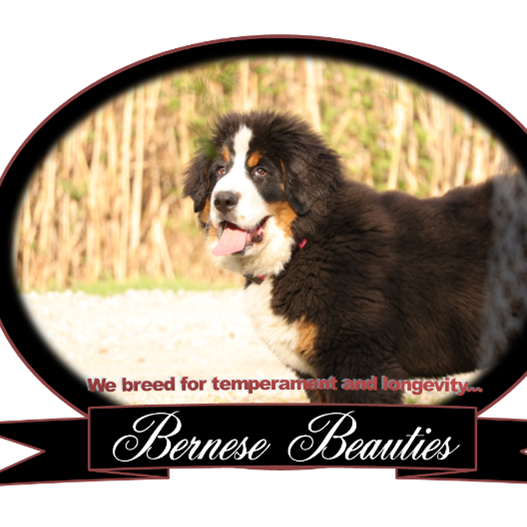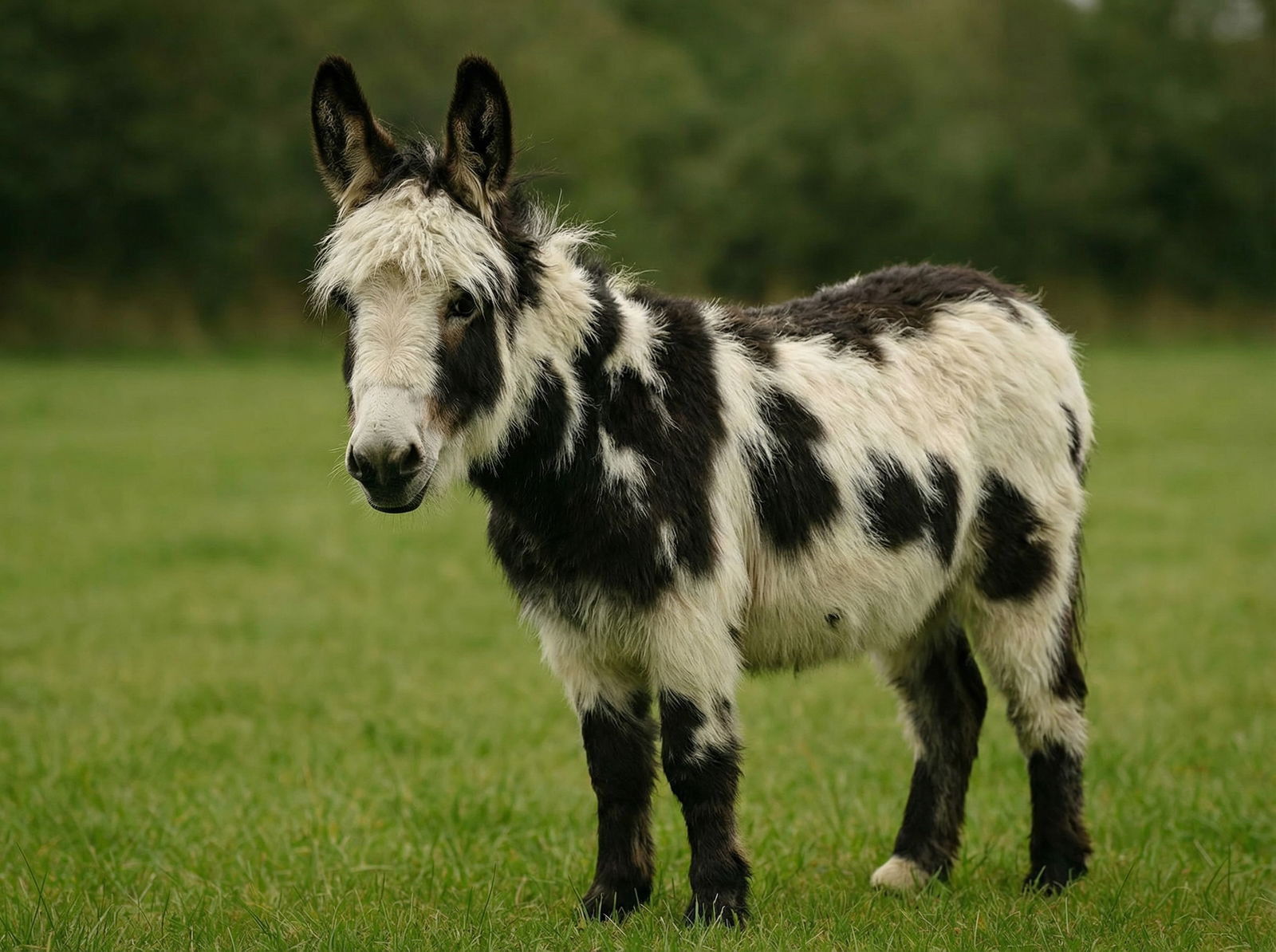
Miniature Mediterranean
Miniature Mediterranean donkeys are the perfect blend of adorable and practical. Standing under three feet tall at the shoulder, they pack all the charisma of their larger cousins into a compact, huggable package.
It’s no exaggeration to say these little equines have earned their nickname as “the sweetest animal in the world.” Their fuzzy ears, gentle demeanor, and natural ability to bond with their human families make them exceptional companions. Plus, they’re much easier to care for than their full-sized relatives – no massive pasture required, and they won’t eat you out of house and home
What Are Miniature Donkeys
Native to the Mediterranean island of Sardinia, miniature donkeys are charming little equines who must be less than 36 inches at the withers as mature adults. Despite their small size, they’re big on personality and make wonderful companions for both rural and suburban settings.
Origin and History
The story of these delightful animals begins over 200 years ago on the Italian island of Sardinia. Local farmers discovered these naturally small donkeys were perfect for their needs – carrying water, grinding grain in mills, and navigating narrow mountain paths. Their American journey began in 1929 when Robert Green brought the first ones to his New York farm. Today, the American Donkey and Mule Society keeps careful track of these special equines through their official registry.
Physical Characteristics
These compact companions typically stand between 26-36 inches tall and weigh 200-350 pounds when fully grown. Their coats come in various shades of gray, brown, and black, sometimes featuring eye-catching spots or patterns. One of their most endearing features is their large, expressive ears, perfectly proportioned to their head size.
You’ll find several beautiful coat variations among these donkeys. The dun coat shows off a sophisticated grayish-brown body with a dark stripe down the back. Brown coats range from light tan to rich chocolate, while spotted coats feature striking white patches against darker fur. The frosted variety sports an elegant white muzzle contrasting with darker body coloring.
Their sturdy build includes strong legs, neat round hooves, and a thick curved neck. A deep broad chest and well-muscled hindquarters give them their characteristic robust appearance. Perhaps their most distinctive feature is the cross pattern on their shoulders – nature’s own special marking.
These hardy little animals typically live 25-35 years, making them long-term companions for small farms and hobby properties.
Benefits of Owning Miniature Donkeys
These small but mighty companions offer unique advantages that set them apart from other livestock. Their combination of practicality and charm makes them ideal pets for various living situations.
Gentle Temperament
Miniature donkeys are known for their exceptionally gentle nature. They form deep emotional bonds with both their human families and other donkey companions. Their patient disposition makes them perfect around children, elderly individuals, and people with disabilities.
These intuitive animals take time to assess new situations rather than reacting impulsively. They show their affection through gentle nuzzling and often follow their owners around the property, always eager for interaction and attention.
Low Maintenance Requirements
Caring for these little donkeys is surprisingly straightforward. They thrive on a simple diet of grass hay and fresh water, without needing expensive supplements or specialized feed. Their grooming needs are minimal compared to horses, and they adapt well to different weather conditions with just basic shelter.
Basic Care Requirements:
- Mini Donkey Height: 26-36 inches
- Mini Donkey Weight: 200-350 pounds
- Mini Donkey Diet: Simple grass hay and fresh water
- Mini Donkey Shelter: Basic protection from the elements
- Mini Donkey Lifespan: 25-35 years of faithful companionship
Care and Housing Requirements
Creating the right environment for your miniature donkey combines simple practicality with thoughtful planning. These social creatures need both protection from the elements and space to move freely.
Shelter and Fencing
Your mini donkey needs a cozy, waterproof shelter – think of it as their personal retreat from harsh weather. Plan for about 40 square feet per animal; a 12×10 foot space works perfectly for one donkey.
Depending on your climate, you’ve got several shelter options. In areas with severe weather, a fully enclosed pole barn provides maximum protection. Warmer regions do well with a three-sided structure (just face it away from prevailing winds). For mild climates, a simple open shelter with a windbreak often does the trick.
The perfect donkey shelter includes:
- Protection from drafts while maintaining good airflow
- Cozy straw bedding during cold months
- Easy access for both donkeys and caretakers
- Solid, dry flooring
For fencing, safety comes first. Strong, secure options include wood panels, woven wire mesh, pipe fencing, or thoughtful combinations of these materials.
Feed and Nutrition
Keeping your miniature donkey healthy starts with proper nutrition. Their diet centers on fiber-rich foods, with specific daily needs:
- 2-3 pounds of grass hay
- 5-10 gallons of fresh water
- Free access to a salt block
Smart feeding practices include:
- Minimal grain supplements
- Careful management of pasture access
- Consistent feeding times
- Multiple small meals throughout the day
- Clean, fresh water
- Mineral supplements when needed
Remember to adjust portions based on your donkey’s:
- Age and activity level
- Overall health
- Seasonal changes
- Pregnancy status (for females)
Common Uses for Miniature Donkeys
These versatile little equines shine in multiple roles. Their winning combination of intelligence and gentle nature opens doors to various opportunities.
Companion Animals
Mini donkeys as pets make excellent family companions. Their affectionate nature makes them ideal therapy partners for children and elderly individuals. Standing just 36 inches tall, they’re the perfect size for safe interactions while requiring less maintenance than their larger cousins.
They’re natural peacekeepers too, getting along well with other farm animals and creating a harmonious barnyard environment. Their attentive, loving personalities provide daily emotional support to their human families.
Show Animals
The show ring offers exciting opportunities for mini donkey enthusiasts. Popular events include:
- Halter classes showcasing ideal breed characteristics
- Performance events testing agility and skill
- Creative costume classes
- Youth showmanship programs
- Therapy certification demonstrations
These adaptable animals excel in various roles:
- Bringing comfort to patients in healthcare settings
- Building confidence in youth programs
- Teaching agricultural concepts on educational farms
- Handling light draft work with small carts
Whether in the show ring or serving as therapy animals, mini donkeys maintain their core identity as devoted family companions. Their natural ability to connect with people makes them standout performers in any role they take on.
Health Considerations
Like all pets, mini donkeys need regular health care to stay happy and healthy. While they’re naturally hardy animals, understanding and addressing their specific health needs helps ensure they’ll be part of your family for years to come.
Common Medical Issues
Mini donkeys typically face three main health challenges that owners should watch for:
Parasitic infections pose a significant concern, with lungworms affecting about 70% of donkeys. Treatment usually involves a 6-8 month course of ivermectin to fully clear the infection.
Dental care matters more than many realize. These animals’ teeth grow continuously throughout their lives. Without proper care, overgrown teeth can lead to eating difficulties, unexpected weight loss, and changes in behavior.
Respiratory issues need prompt attention, particularly bacterial infections like Streptococcus Equi. Watch for signs like fever, nasal discharge, or coughing – these symptoms warrant immediate veterinary care.
Preventative Care
Keeping your mini donkey healthy is easier with a proactive approach to care:
Regular checkups make a big difference. Schedule dental examinations yearly to catch and prevent tooth problems before they affect your donkey’s eating habits.
Parasite control requires a strategic approach. Work with your vet to establish a deworming schedule based on regular fecal testing results.
Stay current with core vaccinations against tetanus, rabies, and equine influenza. Your vet can help create a vaccination schedule that suits your location and circumstances.
Weekly health checks help catch problems early. Take a few minutes to check your donkey’s temperature, breathing rate, and gum color – you’ll quickly learn what’s normal for your animal.
Hoof care needs consistent attention. Plan for trimming every 6-8 weeks to prevent lameness and infection. Think of it like getting your own nails trimmed – regular maintenance prevents problems.
Weekly grooming sessions do more than keep your donkey looking nice. They’re perfect opportunities to check for skin issues, parasites, or injuries while bonding with your animal.
Conclusion
Mini donkeys bring something special to any farm or homestead. They combine the best traits of their larger relatives with a size that works for most properties. Their gentle nature makes them especially suitable for first-time livestock owners.
These remarkable animals offer decades of companionship when given proper care and attention. Their minimal maintenance needs, combined with their affectionate personalities, create the perfect balance of practicality and charm.
View 180 Miniature Mediterranean breeders in the Creatures breeders directory.

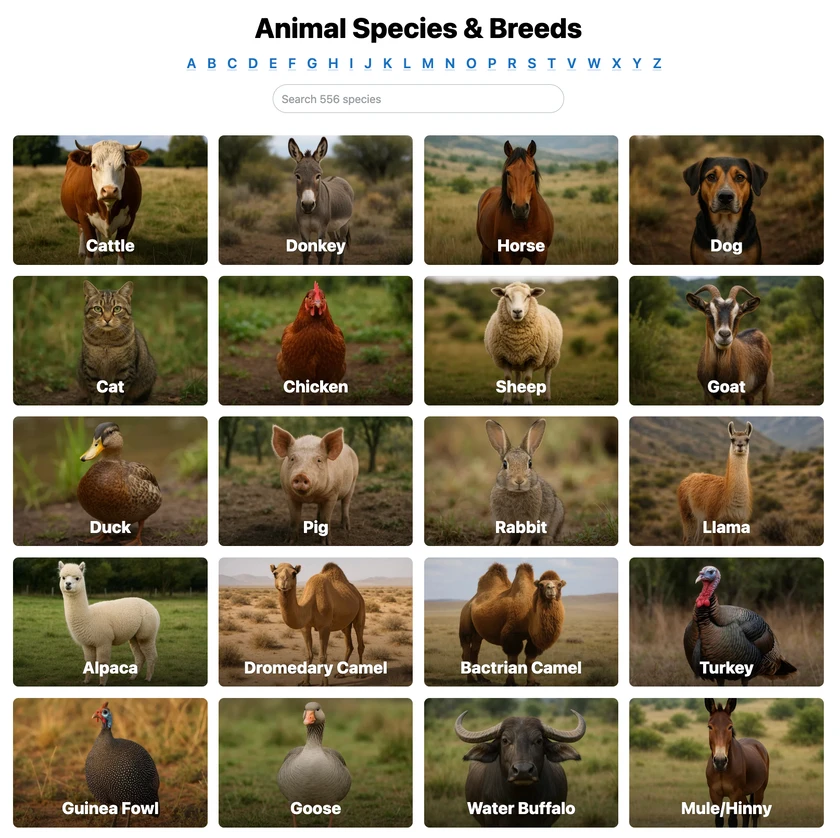 All Species & Breeds
All Species & Breeds
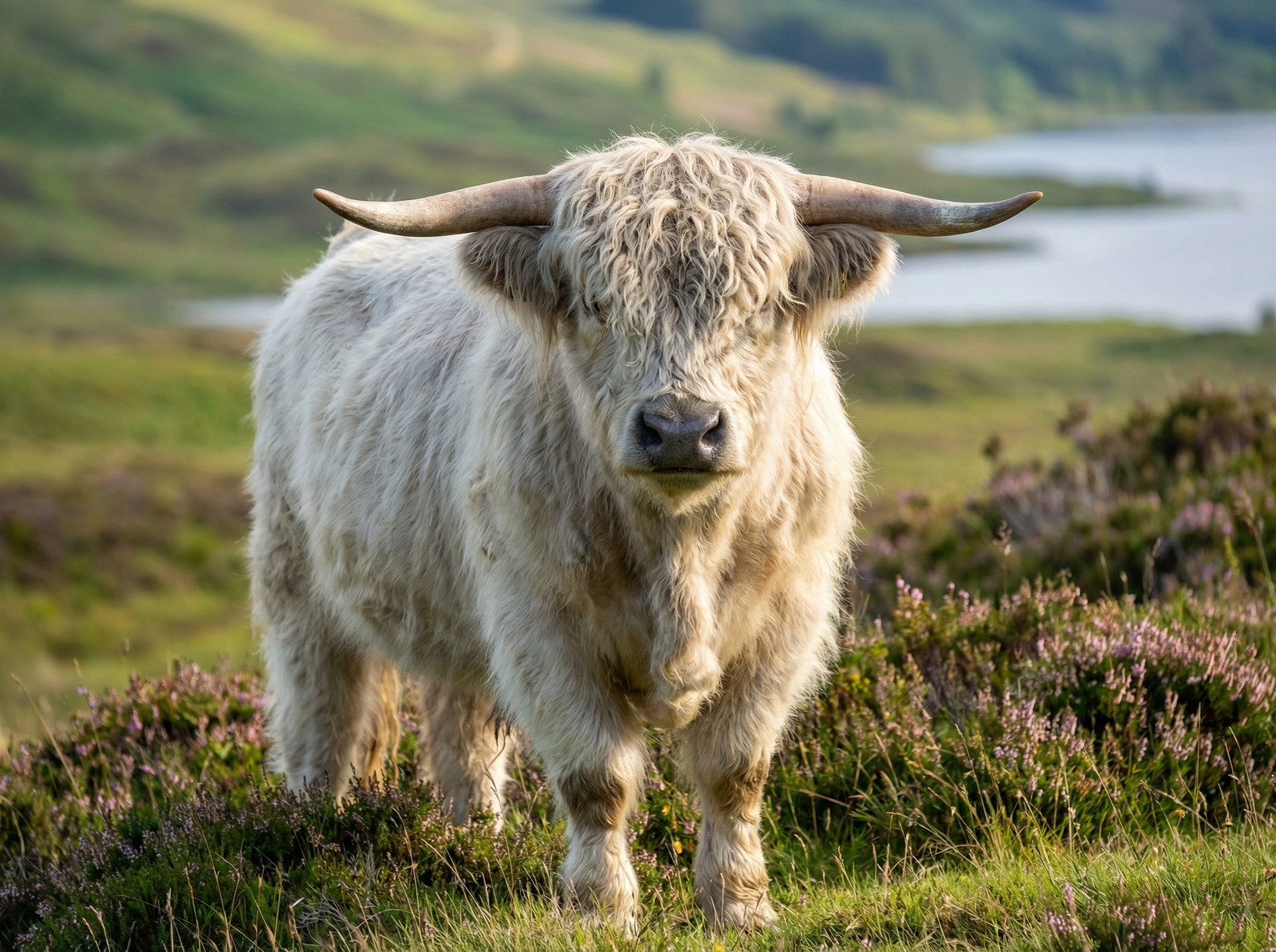 Highland Cattle
Highland Cattle
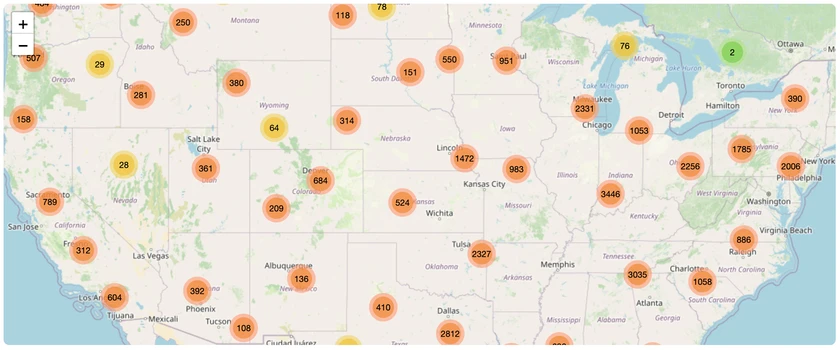 All Species Directory
All Species Directory
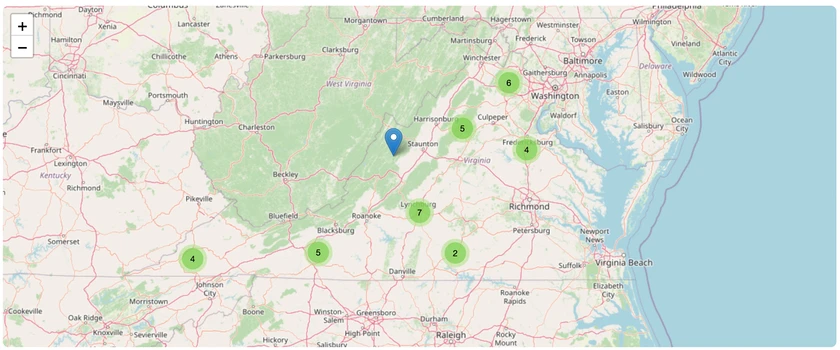 Highland Cattle in Virginia
Highland Cattle in Virginia
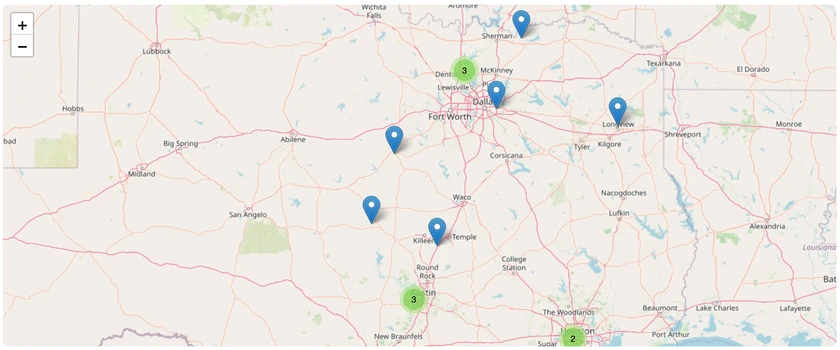 Miniature Donkeys in Texas
Miniature Donkeys in Texas















